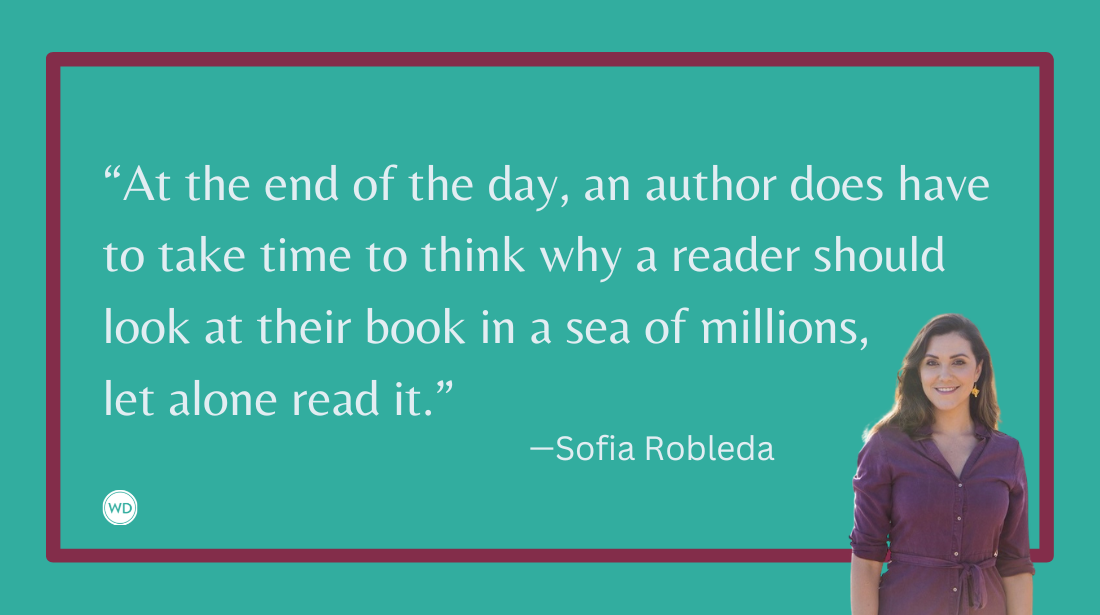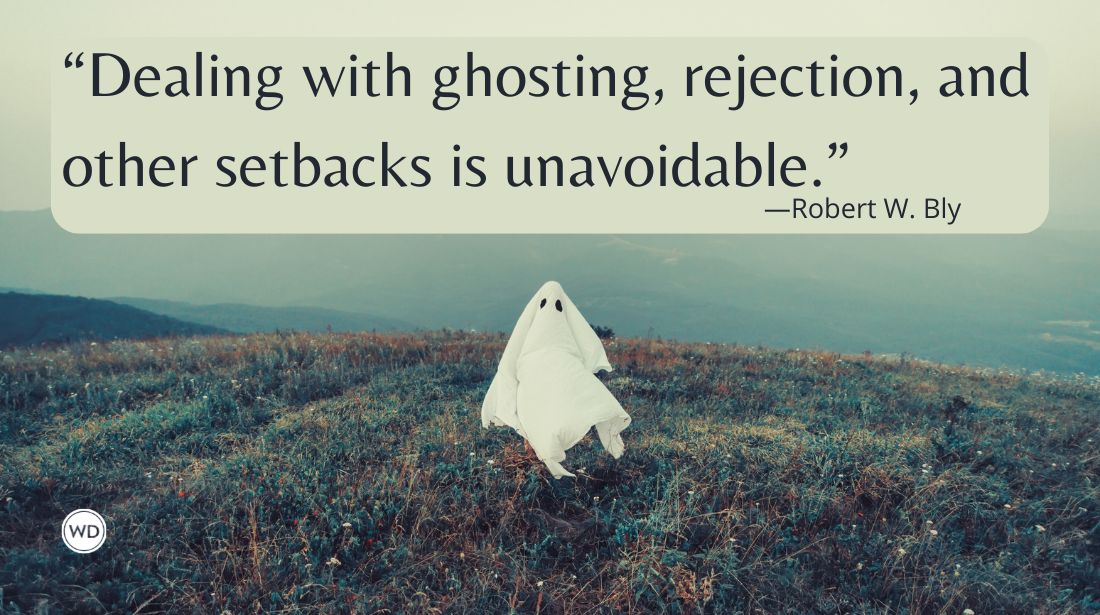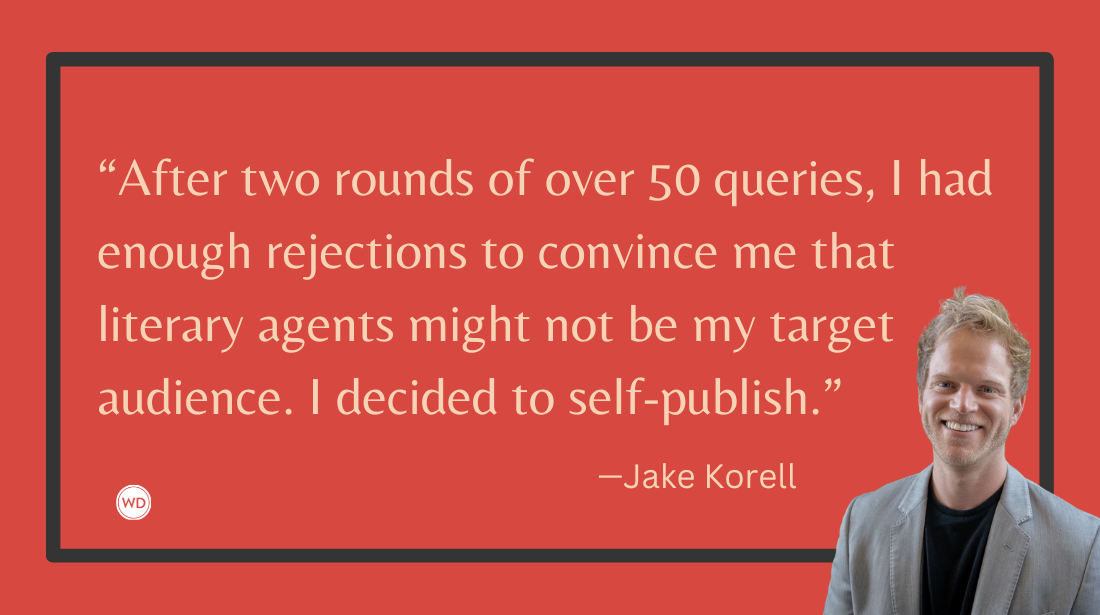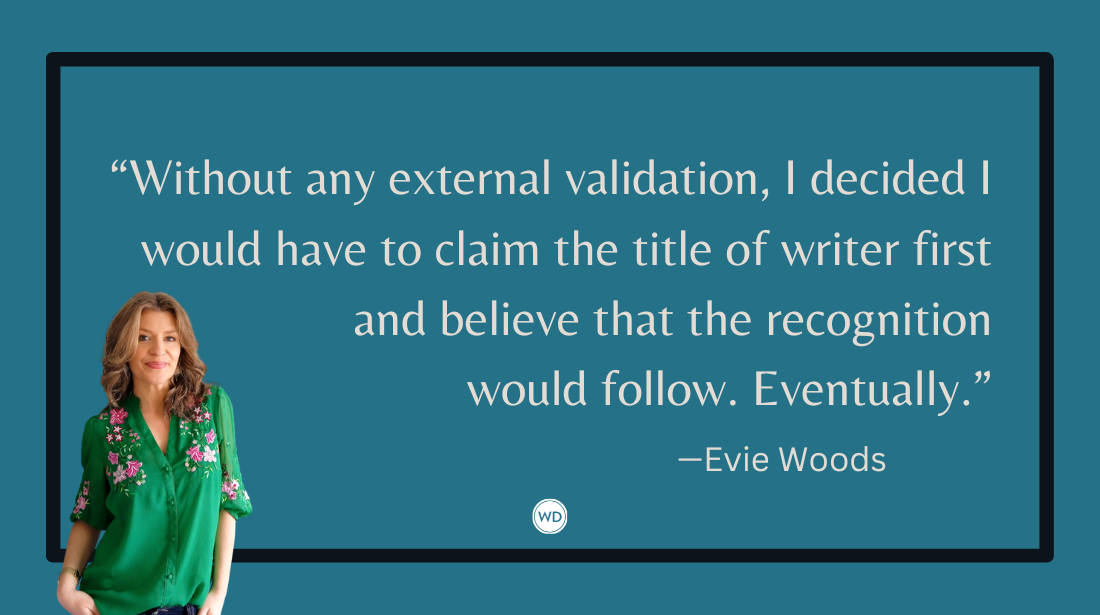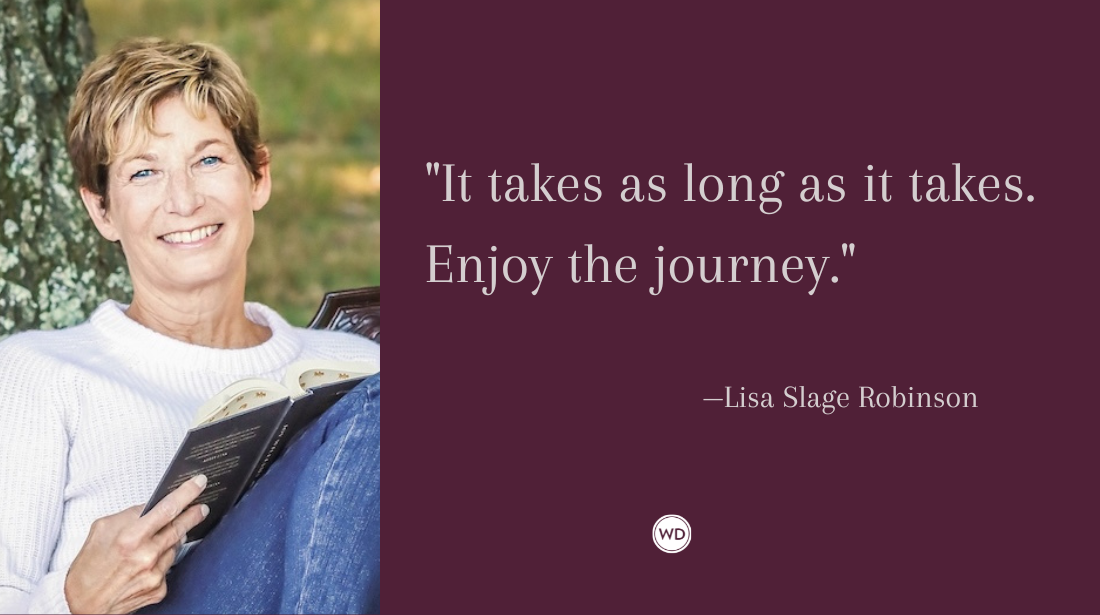Can a Writer Have an Inner Life and a Social Media Presence?
Can a writer have an inner life and a social media presence? Award-winning author Ronit Plank discusses how social media can not only help your book’s performance, but introduce you to a thriving writing community.
I had a book coming out and knew that I was supposed to have a following on social media to help get the word out and sell more copies. But up until that point, besides posting a little on Facebook about articles I’d written and updates on the podcast that I host, I didn’t really engage. I hadn’t yet given much thought to how I’d get my memoir When She Comes Back—independently published by a small press—in front of readers. A mix of hope, confidence, and looking back on it now, magical thinking that the merit of the book would help it find its way.
I began to spend a little more time on social media and soon noticed that other non-famous writers like me seemed to have a lot of followers on Instagram and Twitter—not in the tens of thousands, but in the one thousand to two thousand range. That’s when I realized I’d been missing a huge opportunity. All this time I’d been writing, publishing, getting my MFA, and working on my book, while other writers had been doing all of that and engaging on Twitter, Facebook, Instagram, and in some cases even TikTok. They posted often, appeared really comfortable in the social media space, and the warm exchanges I read in their comments sections spoke to a consistently supportive and engaged online writing community. I had none of this.
Breaking the Social Media Stigma
For a long time I had this idea that I could have a writer’s life or a social media life; that my only job was to protect that quiet, private space from where I created. In her piece Writers Protect Your Inner Life, Lan Samantha Chang wrote that “given the opportunity to offer one piece of advice to an emerging writer, I would highlight the urgency of holding onto an inner life.” That “the single essential survival skill for anybody interested in creating art is to learn to defend this inner life from the world… to protect our inner selves from the Pavlovian part of us that responds, '2.4 million subscribers!’” Not only was I in no danger of racking up subscribers, not only did I feel a true writer wouldn’t need social media because readers would appreciate their work so much they would be able to find them, I didn’t even know how to interact with potential readers. In fact, several years ago, a fan of a short story of mine left a nice comment on my website and because I didn’t know how to engage, because I had this idea that I was supposed to stay mysterious and below-the-radar, “a serious writer," I didn’t respond at all. I didn’t understand then that interacting with readers can be an essential part of the writing life. But now, a year before my publication day, I knew it was time.
And that’s when Binders Building Platforms popped into my Facebook feed. Binders are groups on Facebook where non-cis-het-male writers can support each other in a wide variety of categories, subject matter, and demographics and I was already part of a few. I wasn’t exactly sure what a platform was but I had a feeling I needed one.
Ashleigh Renard, author of the new memoir Swing, created the Binders Building Platforms group after paying attention to blogger and influencer practices for years. She wondered what would happen if great writers employed those same techniques in order to connect with their readers. She remembers thinking, “What if they didn’t need an agent or an editor or a big name blurber to unlock a new audience? What if they could do it themselves?” She started the Building Platforms group in July 2020 and today it has nearly 2,000 members.
Soon she and Allison Williams, editor, travel writer, and author of Seven Drafts: Self-Edit Like a Pro from Blank Page to Book teamed up to create The Writer’s Bridge, which features live meetings every two weeks and newsletters for it’s community of 1,700 writers—and growing. They cover topics like planning effective content, the importance of newsletters, what hashtags to use, how to find your audience, and a host of strategies that help writers reach readers.
Anticipating the hesitation many writers (including me) might have about marketing their own work, I asked Allison if it’s absolutely necessary in this day and age for writers to show up in a public way. Her answer: “Only if you want to sell books,” Boom cha. But, I asked Allison, eager to find a loophole in this whole building-platform thing for all of us hoping to exempt ourselves, aren’t there writers who don’t need to engage on social media? Turns out there are a few. “Literary fiction writers who write a Booker-level of prose,” she says. “Genre writers whose genre sells a bajllion ebooks a month and can ride the wave. But, almost none of us write so beautifully, so amazingly, that we don’t have to do some work to sell books. The reader needs to know you’re there. Your fellow writers need to know you’re part of the community.”
How to Be a Writer on Social Media
The good news is that writers can use social media like writers and “writers,” Allison says, “don’t need to act like influencers, to look cute and post on-brand every day, and build follower numbers in the mid-five to high-six digits. Writers don’t need any of that! At all! We need conscious engagement with people specifically interested in our work, and we only need about 1-2,000 of them. We don’t need to post every day. But we do need to exercise our writing muscles when we post, and share elements of both ourselves and our work.”
Posts about what we’re reading, something new we’ve learned about writing, a place that inspires us, and information relevant to the book we’ve written—anything can become a way to reach readers and the writing community. Danielle Simone Brand, author of Weed Mom: The Canna-Curious Woman's Guide to Healthier Relaxation, Happier Parenting, and Chilling TF Out, who I met on Instagram, went from having an inactive account with a few hundred followers to almost 3,000 in less than a year. “Instagram has been by far,” she says, “the most important place for me to connect with readers and potential readers—but I don’t think that’s necessarily going to be the case for every subject or book. I got some great advice early in the process to pick a platform (or two) where my potential audience is most likely to be …and then to dive in! That’s what I’ve tried to do.”
Andromeda Romano-Lax, author of 5 novels including most recently Annie and the Wolves, who I also met on socials, has a more measured approach. “I want to be the kind of writer who can be playful and highly visible at times—posting, publishing, speaking and so on—and then know when it’s best to retreat, disconnect, and focus on writing—and all without too much expectation, anxiety or shame.”
Ashleigh who has brought platform-building to a whole new level spends about four hours a day on her socials and feels like has hand-sold almost every copy of her book through answering a DM or responding to a comment or giving support in a Facebook group. “The number of conversations I have a day with audience members almost perfectly corresponds to book sales,” and her audience has grown from two thousand followers to 40,000 in just one year. I asked her if she sees a time when she’ll want to slow down and she does wonder how long she will be able to stay this accessible to her audience. Responding to DMs may sound exhausting, “but it fills me up,” she says. “I need constant reminders that I’m helping people.”
For me it’s been a learning curve. I did go down the rabbit hole for a few months leading up to and after my book launch, posting twice a day, making reels and introducing myself to new followers again and again and spending an increasing amount of time on TikTok to promote my book. Now that my memoir is officially launched, I’ve cut back on my phone time significantly.
“Publishing,” Chang writes, "is only the beginning of the journey of learning to navigate the world as a public writer, which is the opposite of making art, and it requires learning to protect that inner self from which the art emerged in the first place.” Indeed, I'm spending far more time again just writing, appreciating the creative quiet, like in my old pre-social media days.
But I still pop in on Instagram and Facebook to check in. I found a supportive group of friends there, many of whom ended up being on my advanced reader team and helped me get the word out about my memoir. They posted about my book on pub day and rooted me on which made my debut author experience so much more welcoming. And I’ve posted for them too because we’re part of the same online community. I didn’t have that a year ago.
Social media doesn’t have to mean we aren’t good writers, and being a good writer doesn’t mean we have to hermit up. We definitely don’t have to engage on social media to be successful. But, there are so many of us in the world that if we want to get our books into people’s hands, to let them know we’re here and what our work can bring to their lives, social media can absolutely help. And for me, building a strong relationship with other writers has been the best part.
Ronit Plank is a writer, teacher, and editor whose writing has earned Pushcart Prize, Best of the Net, and Best Microfiction nominations and has appeared in The Atlantic, The New York Times, The Washington Post, Writer’s Digest, Hippocampus and elsewhere. Her memoir WHEN SHE COMES BACK about the loss of her mother to the guru Bhagwan Shree Rajneesh and their eventual reconciliation was named Finalist in the 2021 Housatonic Awards and was one of Book Riot’s 2021 Best New True Crime Books, and her short story collection HOME IS A MADE-UP PLACE won Hidden River Arts’ 2020 Eludia Award. She earned an MFA in Nonfiction Writing at Pacific University, is Creative Nonfiction Editor at The Citron Review, and hosts and produces the podcast Let’s Talk Memoir featuring interviews with memoirists and writing teachers about memoir craft and the writing life. For more about Ronit and a complete list of work visit: https://ronitplank.com/.





